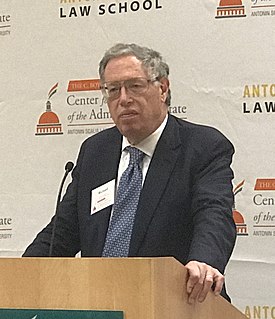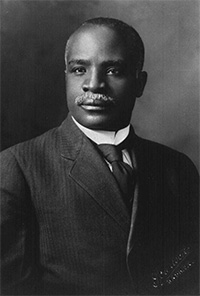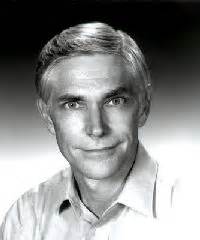Top 1200 Market Efficiency Quotes & Sayings
Explore popular Market Efficiency quotes.
Last updated on November 15, 2024.
The practice of first developing a clear and precise definition of a process without regard for efficiency, and then using it as a guide and a test in exploring equivalent processes possessing other characteristics, such as greater efficiency, is very common in mathematics. It is a very fruitful practice which should not be blighted by premature emphasis on efficiency in computer execution.
As a bull market turns into a bear market, the new pros turn into optimists, hoping and praying the bear market will become a bull and save them. But as the market remains bearish, the optimists become pessimists, quit the profession, and return to their day jobs. This is when the real professional investors re-enter the market.
Basically, for any complex to be sustainable needs to have a balance between two factors: resilience and efficiency. These two factors can be calculated from the structure of the network that is involved in a complex system. A resilient, efficient system needs to be diverse and interconnected. On the other hand, diversity and interconnectivity decrease efficiency. Therefore, the key is an appropriate balance between efficiency and resilience.
An old market had stood there until I'd been about six years old, when the authorities had renamed it the Olde Market, destroyed it, and built a new market devoted to selling T-shirts and other objects with pictures of the old market. Meanwhile, the people who had operated the little stalls in the old market had gone elsewhere and set up a thing on the edge of town that was now called the New Market even though it was actually the old market.
The great multinationals are unwilling to face the moral and economic contradictions of their own behavior - producing in low-wage dictatorships and selling to high-wage democracies. Indeed, the striking quality about global enterprises is how easily free-market capitalism puts aside its supposed values in order to do business. The conditions of human freedom do not matter to them so long as the market demand is robust. The absence of freedom, if anything, lends order and efficiency to their operations.
Second, they [those who disagree with market efficiency] always claim they know a man, a bank, or a fund that does do better. Alas, anecdotes are not science. And once Wharton School dissertations seek to quantify the performers, these have a tendency to evaporate into the air - or, at least, into statistically insignificant t-statistics.
The state owned monopolies are among the greatest millstones round the neck of the economy. Liberals must stress at all times the virtues of the market, not only for efficiency but to enable the widest possible choice. Much of what Mrs Thatcher and Sir Keith Joseph say and do is in the mainstream of liberal philosophy.
Some economists became obsessed with market efficiency and others with market failure. Generally held to be members of opposite schools-freshwater and saltwater, Chicago and Cambridge, liberal and conservative, Austrian and Keynesian-both sides share an essential economic vision. They see their discipline as successful insofar as it eliminates surprise-insofar, that is, as the inexorable workings of the machine override the initiatives of the human actors.
The Middle East would always be an important trading partner in just a market sense, like America is a big market for us, Asia is a big market, Europe is a big market. You are going to have hundreds of millions of consumers there, from just a standard market point of view, from a very narrow American point of view.






















































